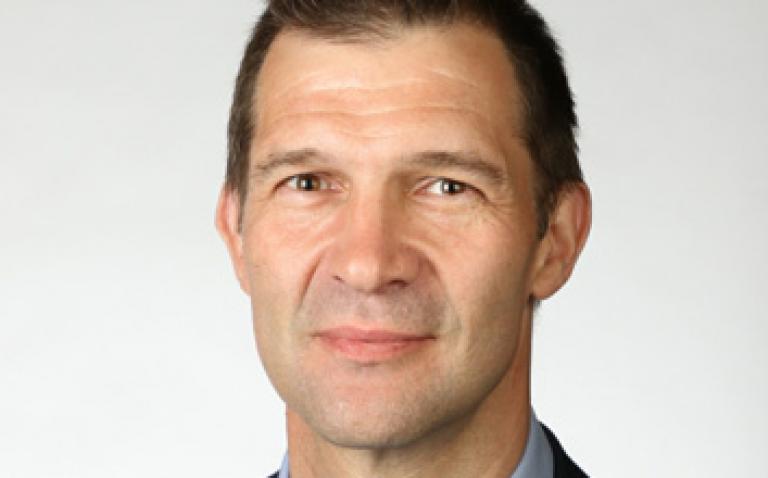Working with cancer patients can be tough at times as despite all the effective new treatments, many patients still have incurable diseases. But being an oncology pharmacist is an amazing job and I would not swap it for anything else.
The role of the oncology pharmacist has evolved as pharmacists take on much more clinically-focused roles, dealing directly with patients and becoming prescribers. This means oncology pharmacists are more involved in direct patient care than ever before, which is rewarding as you can build relationships with patients and see the direct impact of your work.
Of course, we often work behind the scenes supporting patients – pharmacist and technicians are continually developing new technical skills for aseptically manufacturing managing complex chemotherapy treatment regimens and forthcoming advanced therapies such as CAR-T (chimeric antigen receptor T-cell therapy). Like many oncology pharmacists, I first got involved in the speciality through aseptic production of chemotherapy doses, but have evolved over the years into a post that mixes clinical practice and a commissioning role.
I’ve been a prescriber for a number of years, and working in Northumbria Trust, which has a strong pharmacist prescribing culture, it just feels like routine business. However, I know that pharmacists prescribing cancer medicines and taking on roles as advanced practitioners is still growing in the UK, with many parts of the country only just starting on this journey.
It’s a similar story in Europe, where variation in healthcare systems means pharmacy practice oncology pharmacists have a great variety of roles and practice at different levels. One thing we all have in common is that as a speciality, oncology pharmacy is small compared with our nursing and medical colleagues, so having a supportive peer network is vital if we are to keep moving forward and attract junior pharmacists to become oncology pharmacists.
I’ve been a member of the British Oncology Pharmacy Association (BOPA) for a number of years and have greatly benefitted from networking with my peers through it. I’ve developed professional contacts, been educated and made friends for life – it’s great to be able to discuss the professional issues that you feel passionate about with likeminded colleagues.
I currently have the privilege of being chair of BOPA, so I can give back and help champion our speciality, alongside my fellow committee members. I’m delighted to say that 2019 promises to be an exciting year for BOPA, as we are co-hosting our normal annual conference with ISOPP, our international oncology pharmacy equivalent in London in October. It promises to be a great event!
In summary, 2018 is a good time to be an oncology pharmacist. I’ve worked in oncology for over 20 years and the pace of development of new technologies is the greatest it’s ever been.
This, of course, is great news for patients, but is a challenge as our services are seeing more patients than ever before, plus patients are staying on treatment for much longer, both of which increases demand for our expertise.
So, one thing’s for sure – we have plenty of work to do, and it’s interesting times, so to anyone thinking about next steps in your careers, why not think about oncology pharmacy?










